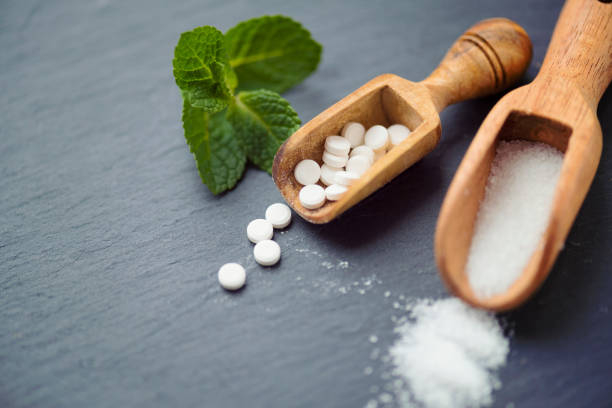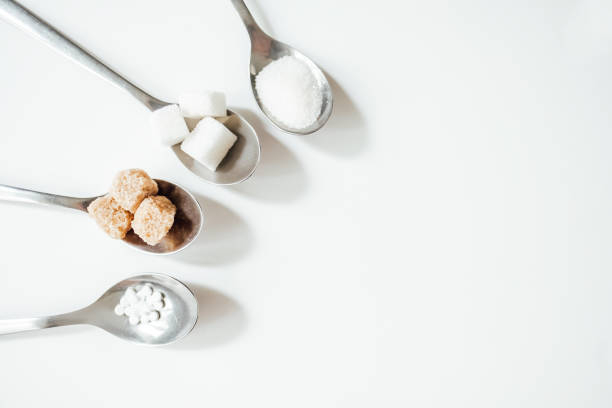Aspartame

Aspartame is an artificial sweetener that is included in a variety of sugar-free goods. People frequently take it to reduce weight or avoid sweets when they have diabetes. It is also included in numerous commercial items that are not expressly marketed to diabetics. However, this commonly used sweetener has been related to behavioral and cognitive issues, while the data is debatable. Aspartame is a chemical compound composed of phenylalanine, methanol, and aspartic acid. Phenylalanine can pass the blood-brain barrier and impair neurotransmitter synthesis. Furthermore, aspartame is a chemical stressor that may make the brain more vulnerable to oxidative stress. Some experts believe these elements may contribute to the deleterious effects on learning and emotions found when aspartame is ingested in excess.
A high-aspartame diet was studied in one research. For eight days, participants were given 11 mg of aspartame for every pound of body weight (25 mg per kg). They were more irritable, had a greater rate of sadness, and scored poorer on mental tests by the conclusion of the trial. Another study discovered that persons who drank artificially sweetened soft drinks had a higher risk of stroke and dementia, albeit the specific type of sweetener was not mentioned. Research in mice indicated that frequent aspartame consumption affected memory and elevated oxidative stress in the brain. Another study discovered that long-term use caused an imbalance in antioxidant status in the brain.








